India’s maritime contact with eastern Mediterranean and classical Rome (c. 1st century BCE-3rd century CE) has often been celebrated as ‘Indo-Roman trade’-a prominent theme in Indian historiography. Rajan Gurukkal critically rethinks this exchange relation-he argues that the expression ‘Indo-Roman trade’, when examined in the light of extant source material and theoretical insights, is a misnomer.
Exchange of goods between the Mediterranean and the contemporaneous eastern world was a combination of multiple forms of exchanges in which trade was just one of many and was confined to Rome. Managing this ensemble was a highly collaborative, extensively networked, and document-based enterprise. It necessitated a stratified society, state system, and the entailing political economy of demand for luxury goods. Considering that such institutional and social structures were absent in contemporaneous peninsular India, this book dismisses the claims in south Indian historiography that early Tamil chieftains conducted overseas commerce. Neither there existed adequate naval technology to allow merchant bodies to conduct independent overseas trade nor was it necessary.
Contents: Preface.1. Introduction: theoretical preliminaries and methodology. 2. Sources and historiography. 3. Eastern Mediterranean overseas exchanges. 4. Ports, marts, and ship technology in early south India. 5. Exchange relations in early peninsular India. 6. Polity, statecraft, and overseas exchange. 7. Afterword. Bibliography. Index.

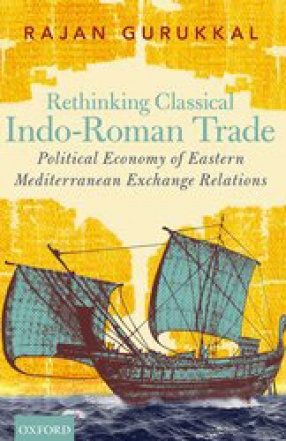
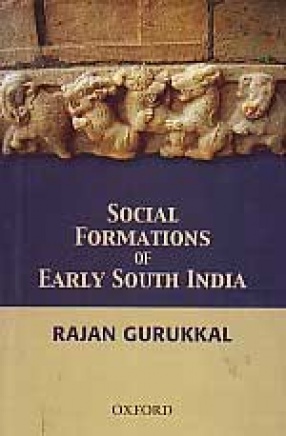
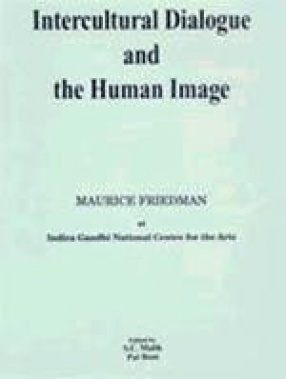
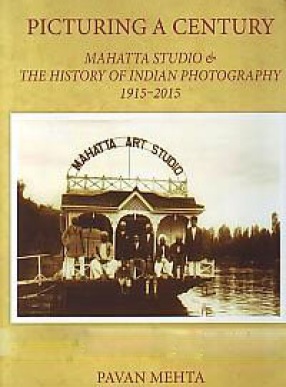
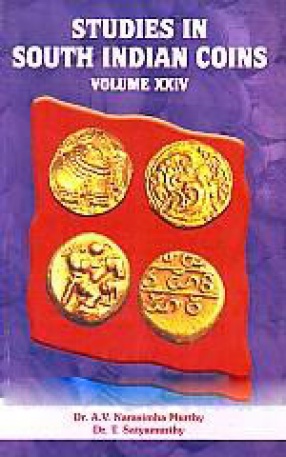
There are no reviews yet.